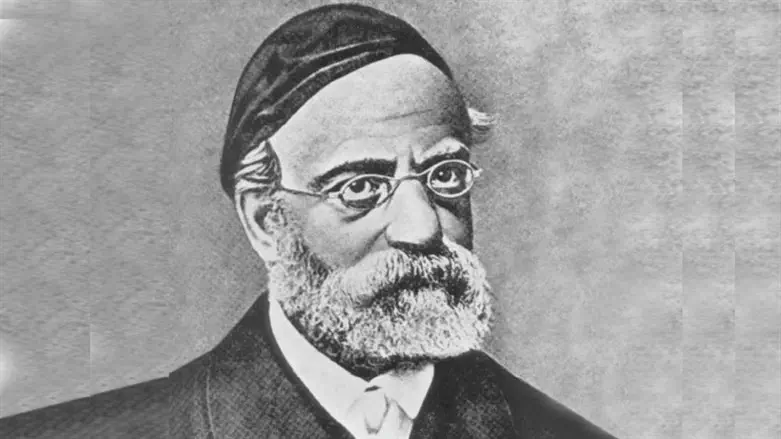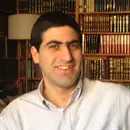
“Take a census of all the congregation of the children of Israel, by their families…” (Numbers 1:2).
The Hebrew word for “family” is mishpacha, which comes from the root shefach. Interestingly, the word for “maidservant” – shifchah – also comes from this root. Rav Samson Raphael Hirsch writes that this linguistic connection teaches us that the “person who, in the non-Jewish point of view, stands at the very lowest social grade is raised, in the Jewish point of view, to a member of the family.”
There’s more. Every kesubah (Jewish marriage contract) declares that a husband must provide his wife three items (food, clothing, and intimate attention). Where does this obligation appear in the Torah? In the context of a maidservant whose father sold her into slavery (Exodus 21:10)! In other words, when the Torah “wants to lay down…the elementary rights of the daughters of its people, it picks out for its example a woman of the very lowest social grade, the child of a beggar, of a man who…to save his child and himself from starvation, has to sell her as a slave.”
The “Torah takes this wife, and sets her beside an ordinary bride – a girl married out of a free rich family – and proclaims the great maxim: ‘Not by one hairbreadth may the treatment of the one differ from that given to the other.’” Amazing!
This command is hardly self-evident. Exodus 21:10 concerns a man who marries his father’s maidservant (whom his father rejected for himself). He, unlike his father, never knew this woman as a free individual. He always knew her as a slave. Moreover, the verse informs us that he subsequently married a second woman – a regular, free Jewess – in addition to his “maidservant wife.”
It would only be natural, then, for him to treat his first wife with a measure of disrespect or neglect. But the Torah has such a high regard for the inherent worth of each individual that it warns him to treat his “maidservant wife” exactly as he does his “regular wife”!
A shifchah – a maidservant – isn’t a lowly individual in the eyes of the Torah. She’s mishpachah. And when she marries, she’s an honored wife.
Rav Samson Raphael Hirsch (1808-1888) – head of the Jewish community in Frankfurt, Germany for over 35 years – was a prolific writer whose ideas, passion, and brilliance helped save German Jewry from the onslaught of modernity.
Elliot Resnick, PhD, is the host of “The Elliot Resnick Show” and the editor of an upcoming work on etymological explanations in Rav Samson Raphael Hirsch’s commentary on Chumash.
...
